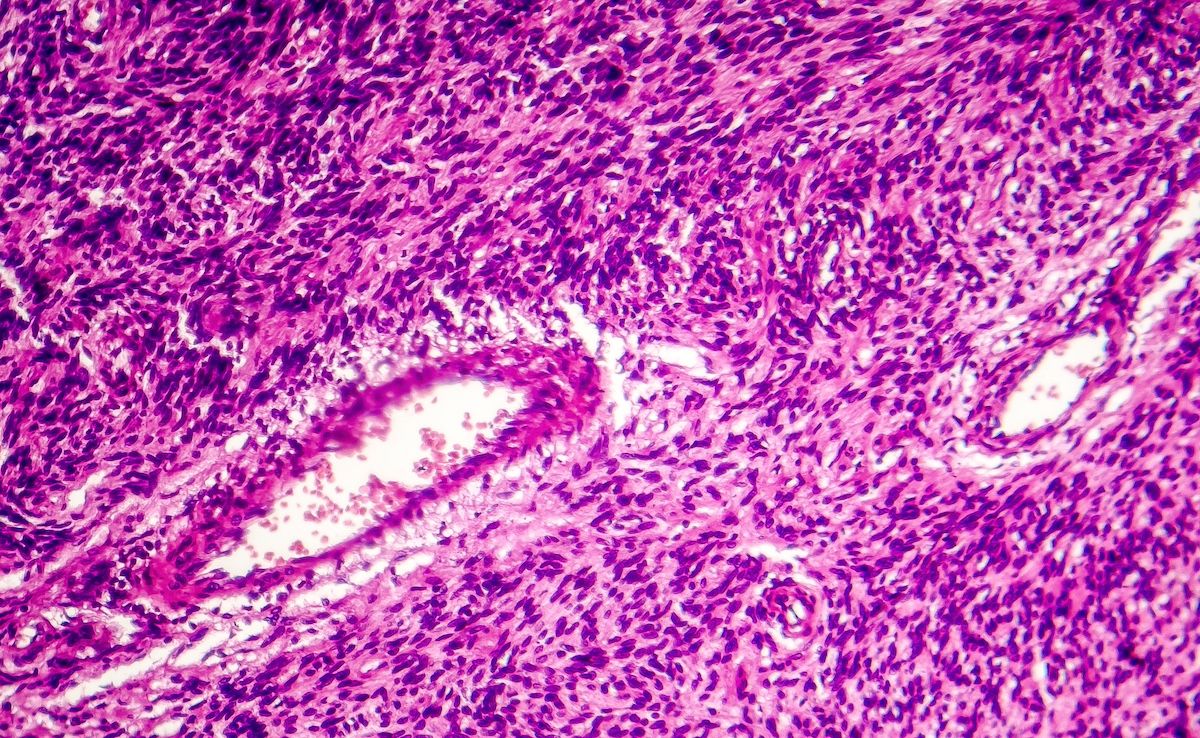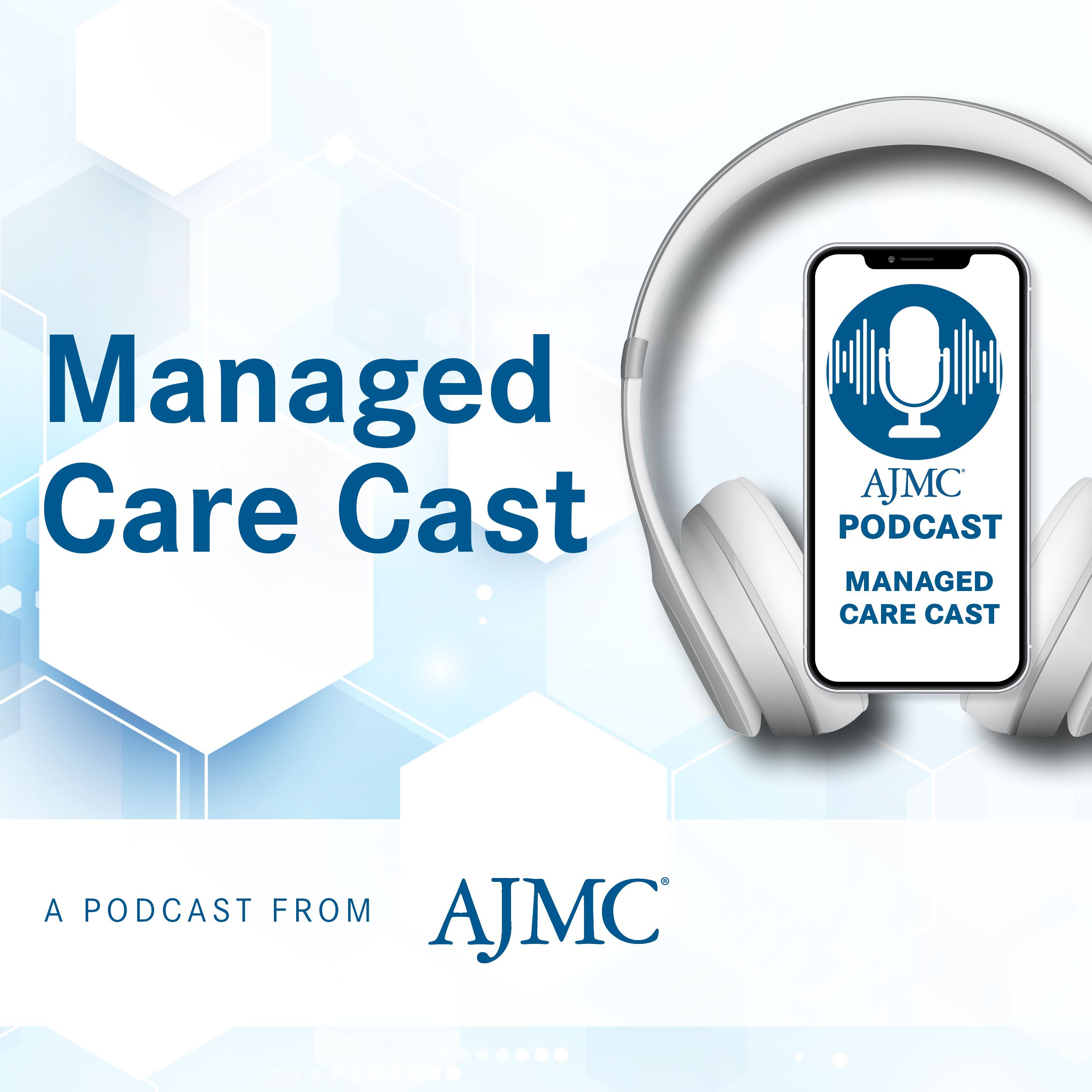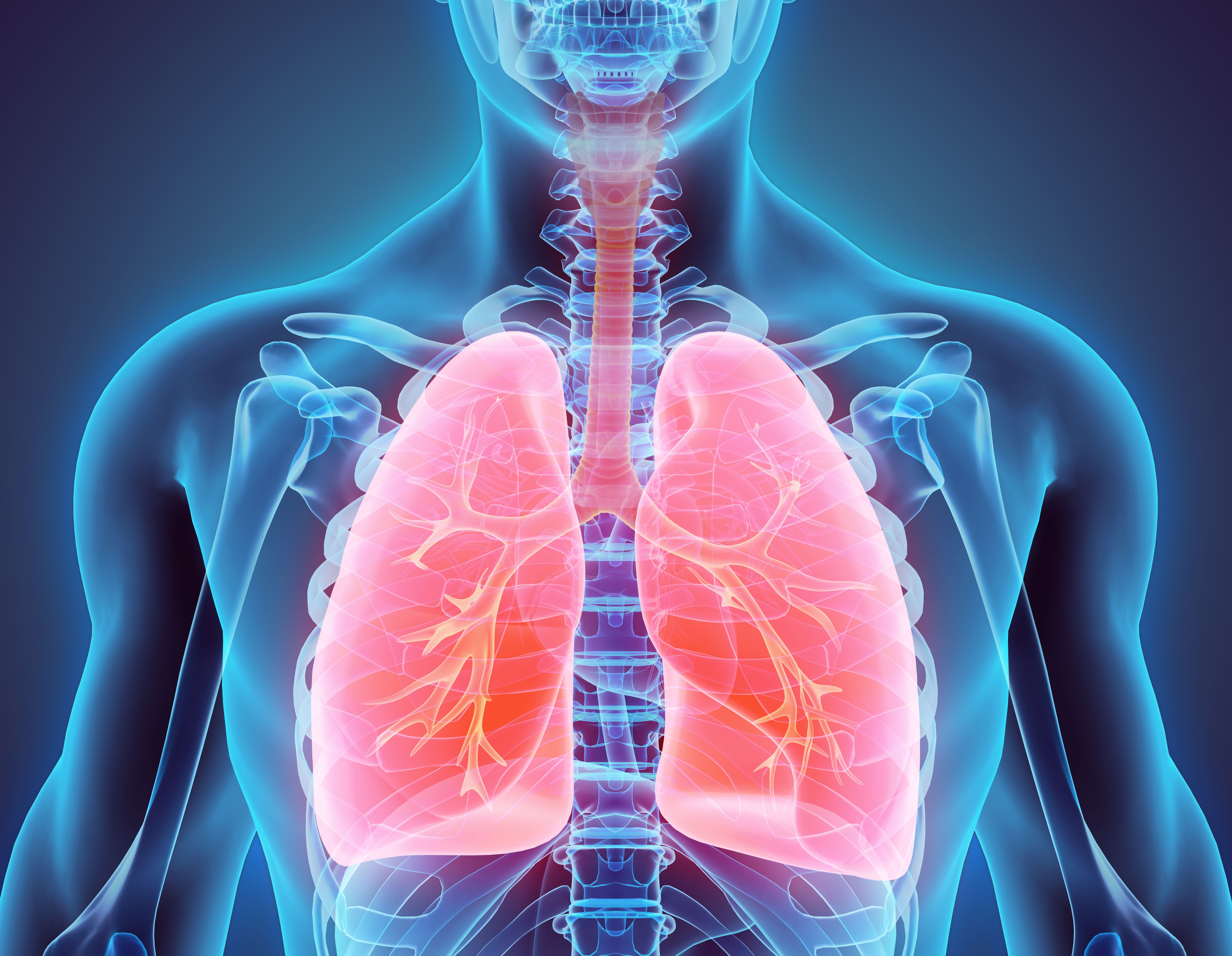News
Article
Improved Maternal Diet Before Conception Linked to Reduced Wheezing in Offspring
Author(s):
A new study shows that a mother's inflammatory diet before birth can have an impact on a child's wheeze trajectory.
This article was originally published by HCPLive®. It has been lightly edited.
Maternal diet quality may impact the wheeze trajectories of children in their early lives, according to recent findings.1
These findings resulted from a recent study conducted to investigate the wheeze trajectories of children and assess links with the quality of periconceptional maternal diets. This research was led by Hitomi Okubo from the Japan Environment and Children's Study Programme Office at the National Institute for Environmental Studies in Ibaraki, Japan. Only a single American study cited by the investigators had looked at the association between a potentially inflammatory prenatal diet and wheeze trajectories in this initial period in children's lives.2
“However, investigations of dietary patterns focused on the healthfulness of diet during pregnancy and their relationship with childhood wheeze trajectories have not been evaluated,” Okubo and colleagues wrote.1 “Moreover, studies examining the role of maternal diet in periconception on childhood wheeze trajectories are lacking.”
The investigators based their research on the Japan Environment and Children's Study (JECS), a nationwide birth cohort that looked at over 100,000 expectant mothers who had been registered at 15 centers in different regions in Japan from January 2011 to March 2014. The included mothers had completed surveys at the time of their pregnancies and continued with self-administered questionnaires following their children's births.
The new study used JECS data that had been released in 2019 and 2021, with the investigators focusing on 76,014 mother-child pairs with a minimum of 3 wheeze assessments in the age range of 1 to 4 years. Following their exclusion of certain data, the team’s final analysis looked at a total of 70,530 mother-child pairs.
Infant
Image credit: Bostan Natalia - stock.adobe.com

Wheezing within the child subjects was examined using a modified questionnaire with the research team determining trajectories through group-based modeling. They assessed the quality of maternal diets in the 12 months before the first trimester by utilizing a food frequency survey and a balanced diet score, which was based upon the Japanese Food Guide Spinning Top.3
The investigators used Bayesian inference of multinomial logistic regression models so as to look into the link between types of maternal diets and early childhood trajectories for wheeze.1 Their study protocol was approved by the necessary ethics committees, and they received written informed consent from all subjects.
Overall, the research team pointed out 4 unique patterns of wheezing, with the most prevalent group being the "never/infrequent" trajectory, accounting for 69.1% and working as the team’s reference category. The group the team referred to as "early-childhood onset" was 6.2% of the study population, those in the "transient early" group were 16.5%, and those in the "persistent" group were 8.2%.
After they looked at the different variables that could affect the data, the investigators’ found a notably higher maternal balanced diet score with the highest quartile shown to be associated with a diminished risk of being labeled "transient early" and "persistent" when compared to the "never/infrequent" trajectory.
The research team noted that this lowered risk was shown to be around 10% for both of these 2 wheeze patterns. Despite this fact, there was no significant link pointed out between maternal balanced diet scores and children's membership in the "early-childhood onset" wheeze trajectory specifically.
“Further follow-up of this cohort will allow clarification of the wheeze trajectories throughout childhood and the examination of lung function and asthma risk in later life,” they wrote. “Although evidence is still limited and inconsistent, improving overall diet quality before pregnancy may reduce asthma-like symptoms and their related healthcare burden in offspring.”
References
- Okubo, H, Nakayama, SF, Ohya, Y, Japan Environment and Children’s Study Group. Periconceptional maternal diet quality and offspring wheeze trajectories: Japan Environment and Children's Study. Allergy. 2023; 00: 1-11. doi:10.1111/all.15916.
- Hanson C, Rifas-Shiman SL, Shivappa N, et al. Associations of prenatal dietary inflammatory potential with childhood respiratory outcomes in project viva. J Allergy Clin Immunol Pract. 2020; 8(3):945-952. doi:10.1016/j.jaip.2019.10.010
- Japan. Food and Agriculture Organization of the United Nations. https://www.fao.org/nutrition/education/food-based-dietary-guidelines/regions/countries/japan/en/





